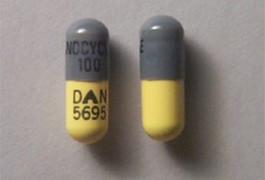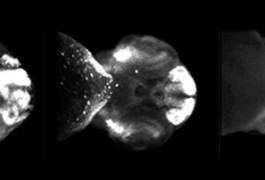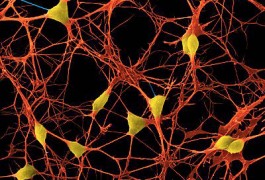European consortium strives to spur autism drug development
A $38.7 million project in the European Union — the largest single grant for autism research in the world — aims to bring together academic labs and pharmaceutical companies to speed the move from basic to clinical research.
















